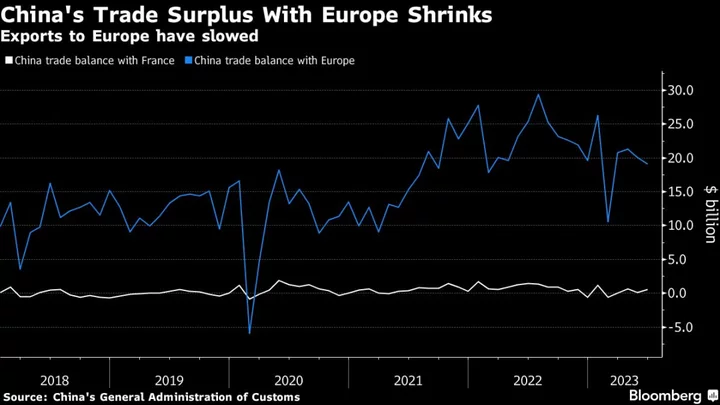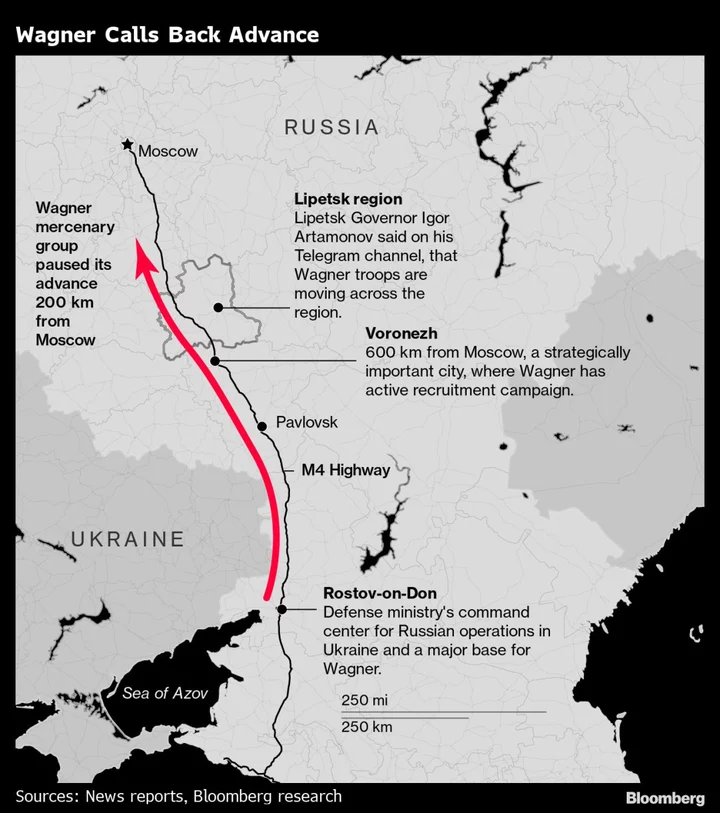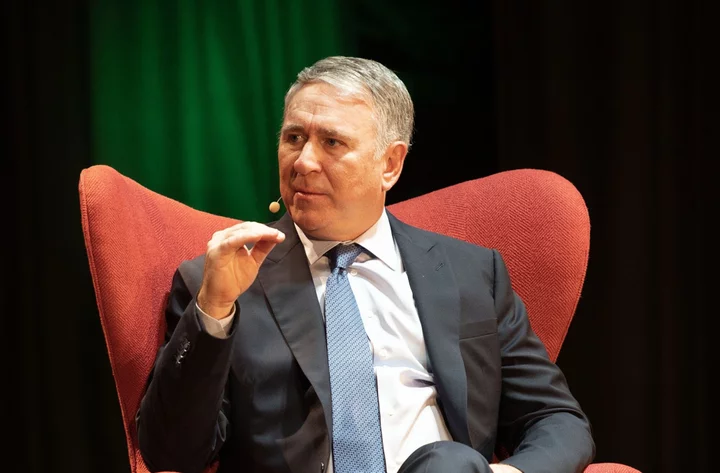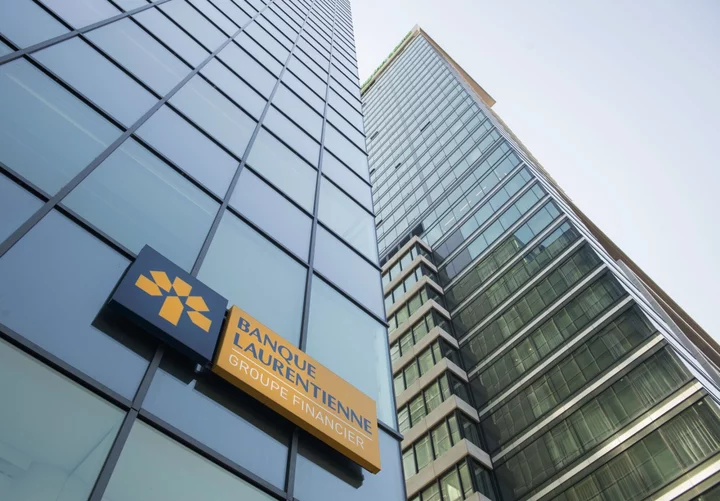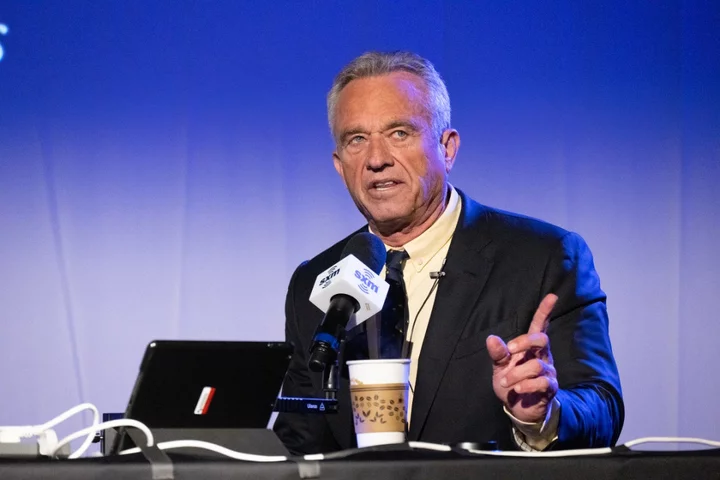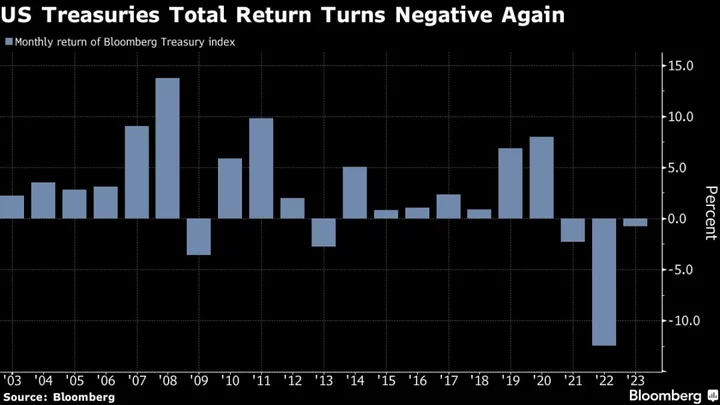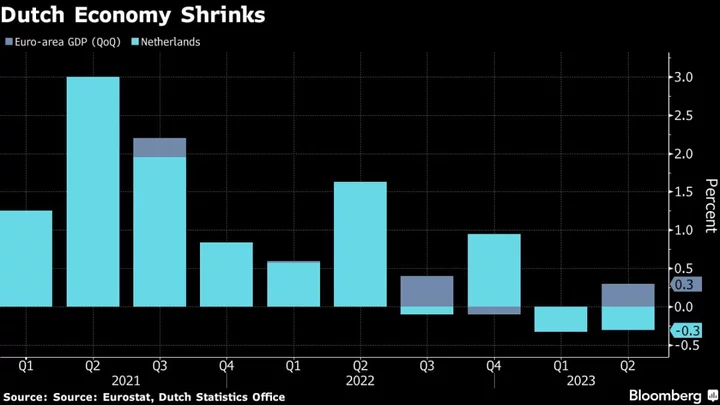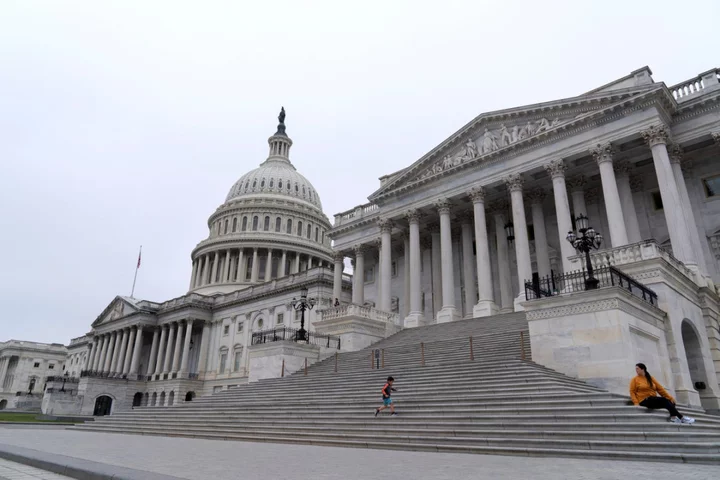France’s finance minister said talks with officials in China this weekend were positive and called for Chinese companies to invest more into Europe, especially in electric vehicles and other sectors to combat climate change.
“This dialogue went very well - it was held in a very positive atmosphere and we delivered on many topics” such as agro-industry and finance, Bruno Le Maire said Sunday in Beijing.
Le Maire met Chinese Vice Premier He Lifeng Saturday for the first in-person economic talks since the Covid pandemic, with the two sides announcing they would work together to address concerns over the intellectual property rights of French cosmetics suppliers in China.
The purpose of the discussions on cosmetics and the other sectors was so France can “export more goods and more manufactured goods to China,” Le Maire said. “We don’t want to face some legislative hurdles or some other barriers” but rather “get better access and more balanced access to the Chinese market.”
An agreement on cosmetics would be welcome news to the global makeup industry and for France, which exports billions of euros worth of cosmetics to China each year. The European Union had raised concerns with China about the detailed product information that cosmetics companies such as L’Oreal SA and LVMH Moet Hennessy Louis Vuitton SE would have to provide in order to sell their goods in the country.
It’s unclear whether any deal would also benefit other international companies such as Japan’s Shiseido Co.
Le Maire said he will travel to Shenzhen on Monday to meet with Wang Chuan-fu, the chief executive officer of electric carmaker BYD Co. The company is contemplating investing in a factory in Europe, where Le Maire said he was hopeful there would be more Chinese inflows into the “green transition” and “green mobility.”
Europe and France need China’s support on a variety of issues, including addressing climate change and dealing with developing nations’ debt, Le Maire said, adding he hoped there would be a deal done soon to resolve Sri Lanka’s financial issues.
He dismissed the idea that any decoupling of the global economy is possible. However, “derisking is another issue,” he said, adding that “derisking doesn’t mean that China is a risk.”
(Updates with more comments on trade and derisking)

